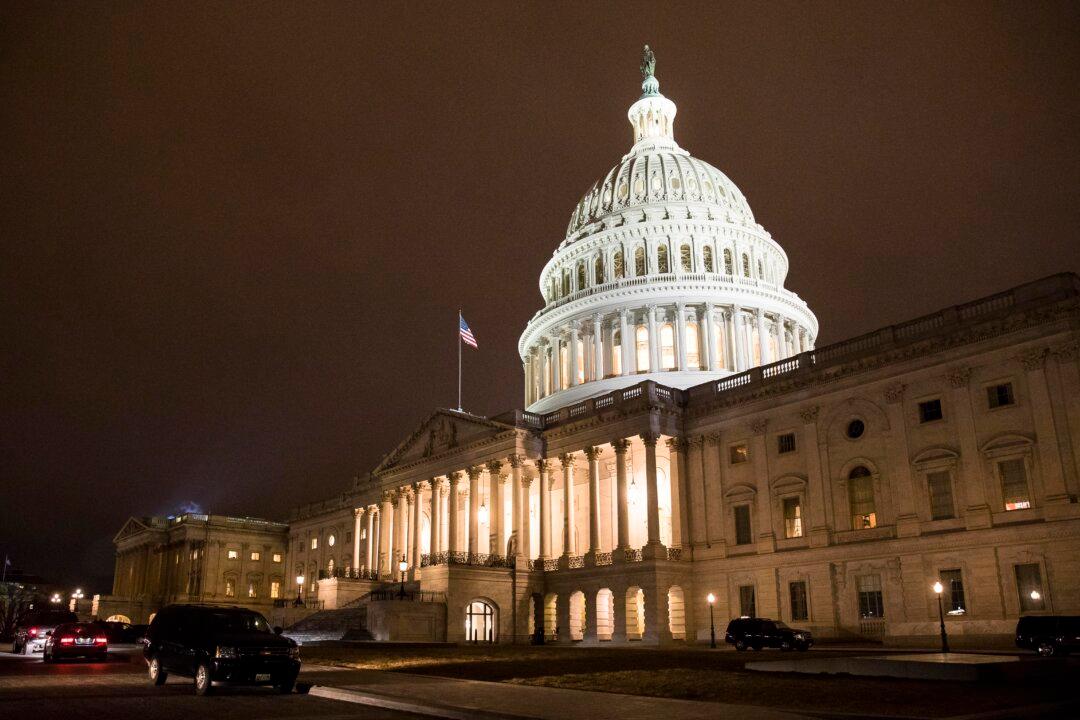News Analysis
Constitutional law scholars concede that they disagree on what the term “high crimes and misdemeanors” in the Constitution encompasses. This long-debated term has recently reemerged as a hot topic in the public consciousness as House Democrats push forward in their impeachment inquiry against President Donald Trump.




